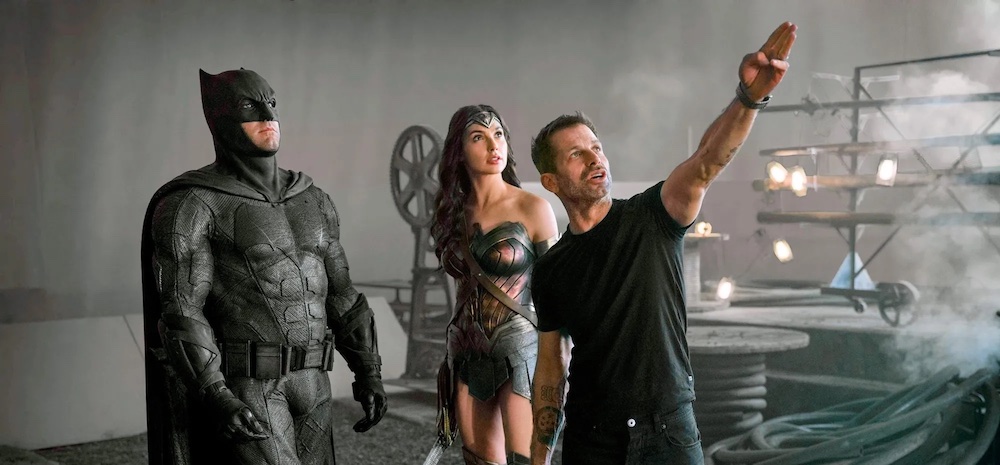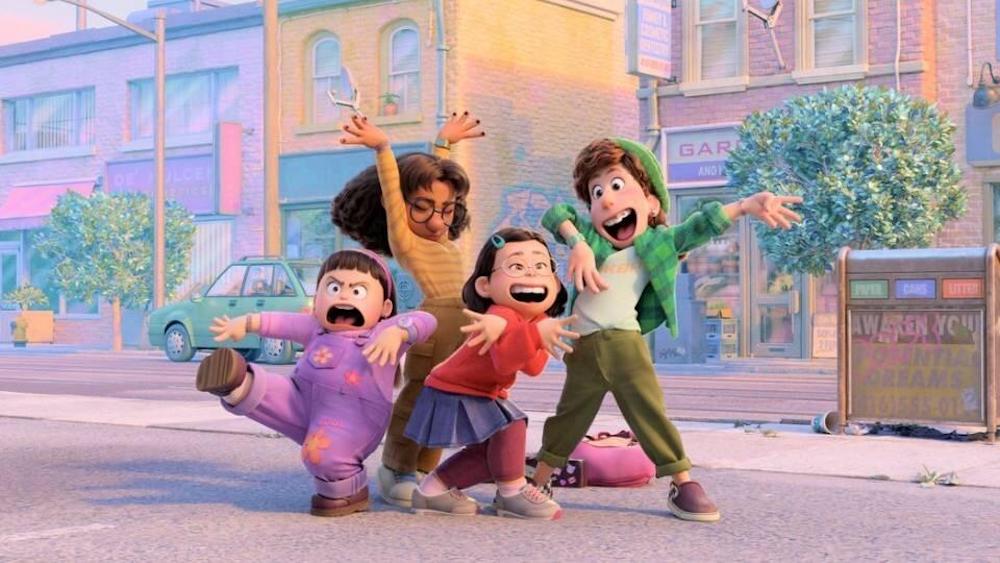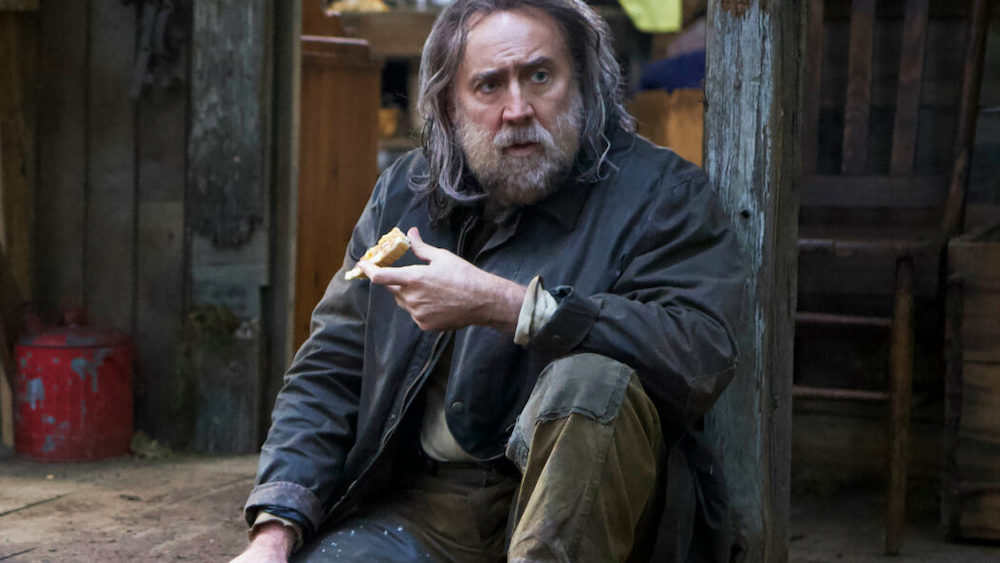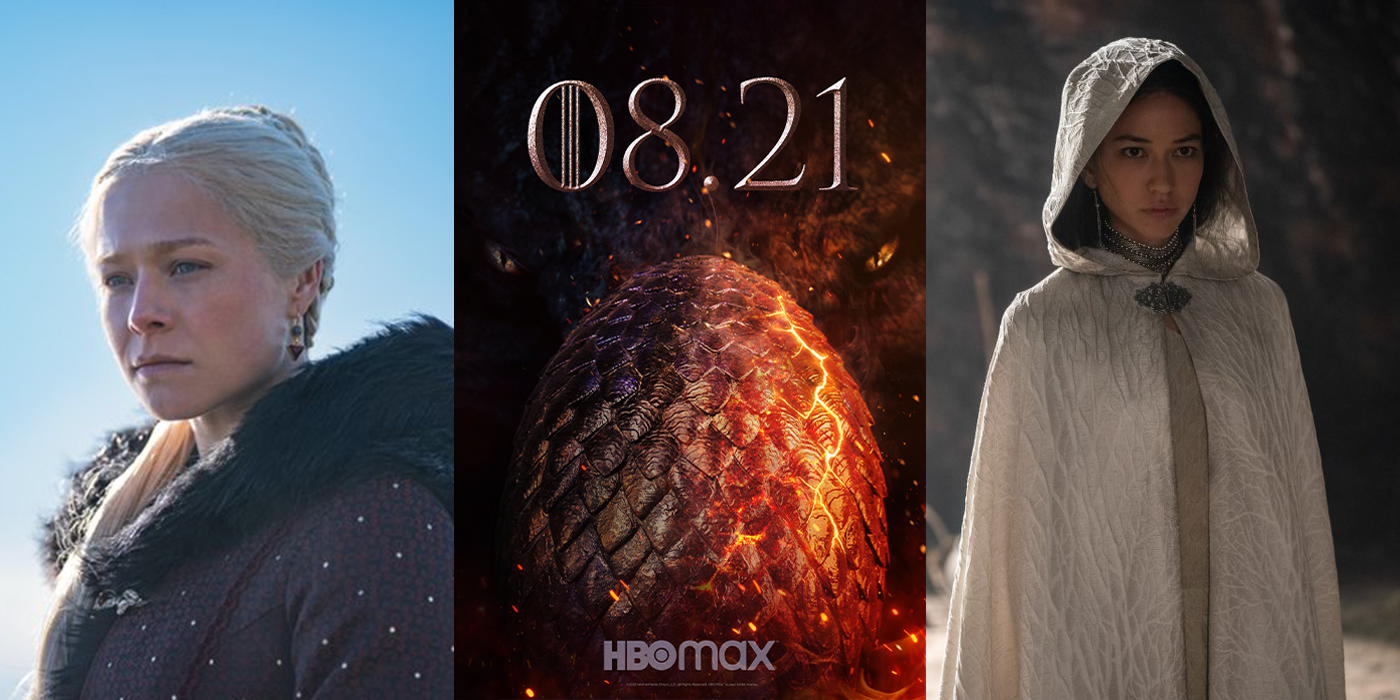Should Superhero Fans Care About the Oscars?
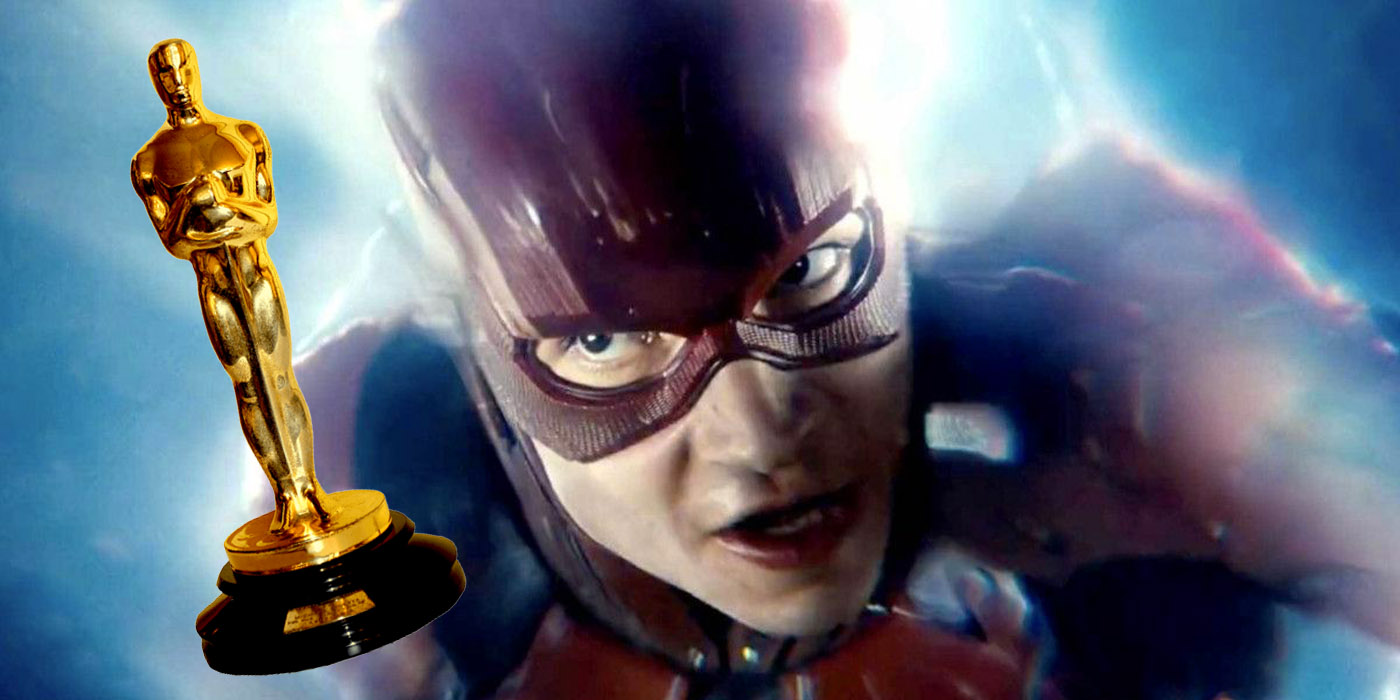
As the Academy Awards do their best to stay relevant year after year, squeezing superhero films into the ceremony feels pretty cringe.
The 2022 Oscars saw the introduction of two fan-favorite categories – and Zach Snyder walked away with both of them. His zombie film Army of the Dead took the fan-favorite film award, while Barry Allen’s hits the Speed Force scored the Oscar’s Cheer Moment for Snyder’s cut of Justice League.
Superhero movies have been around for a long time. And some have won Academy Awards in various categories of their own merit. But these new social-media-centered categories highlight a tension between large superhero movie franchises and regular cinema as we have known it. Everyone has an opinion on how to mesh or separate the superhero movie from the body of work that usually falls into Oscars contingency. But it kind of feels like we’re creating discourse where there is none.
Old Hollywood Directors Weigh In
Martin Scorcese, Riddley Scott, Francis Ford Coppola, and David Cronenberg have all expressed a disinterest in – and sometimes even a distaste for – the modern superhero movie. They’re certainly entitled to their opinions. Scorcese and Scott’s comments were pretty synonymous with “it’s not my jam.” However, several of the directors’ opinions discount the films as “kids’ movies,” which is a sentiment I find frustrating.
Firstly, the claim that superhero movies contain no emotional substance is a broadly insensitive stroke. There are themes present in many superhero movies that speak to emotional experiences like grief, domestic abuse, or coming of age (to name a few). Different people relate to different kinds of stories, and fantasy stories are another vehicle. You can dislike something without discounting its merit.
Secondly, I despise the idea that media made for children is somehow invaluable. On a broad note, it supposes that kids aren’t people and that all people weren’t once kids. The success and love of recent films like Turning Red and Encanto are just two recent examples of how all-ages stories can be revolutionary. Discounting stories for children says less about the quality of those works and more about the limited outlook of the person making those comments.
Nicolas Cage Gets It
When it comes to the opinions of famous people on the subject, I put my trust in the do-it-all man himself, Nicolas Cage. For one, he’s a notorious comic book fan. The actor has also starred in just about every kind of movie, and won a few fancy-pants awards for some of those roles. The pop culture icon had this to say to GQ on the matter:
“I think that the movies that I make, like Pig or Joe, are not in any kind of conflict with Marvel movies [.] I mean, I don’t think the Marvel movie had anything to do with the end of the tweener. By tweener, I mean the $30 to $50 million budget movie. I think movies are in good shape. If you look at Power of the Dog, or if you look at Spencer, or any of Megan Ellison’s movies. I think that there’s still Paul Thomas Anderson.
Marvel has done a really excellent job of entertaining the whole family. They put a lot of thought into it. I mean, it’s definitely had a big progression from when I was doing the first two Ghost Rider movies. Kevin Feige, or whoever is behind that machine, has found a masterful way of weaving the stories together and interconnecting all the characters. What could be wrong with wholesome entertainment that is appealing to the parents and the children, and gives people something to look forward to? I just, I don’t see what the issue is.”
But Are the Oscars Even Fun Anymore?
Of course, one of the many frustrating moments that come with the Oscars involve the comedy stylings. Its treatment of animation, which is typically thought to be a children’s medium, was on the receiving end of a tone-deaf barb. This came off as especially dismissive since the animated film Flee about an Afghan refugee was nominated for several prestigious awards.
It doesn’t help that the roast-style jokes rely on the same punchlines they have for years. As social media makes social issues more visible, varied comedy stylings are moving away from making fun of people. Instead, it looks like we’re moving more toward embracing all of our own idiosyncrasies.
I’m not a person who wants or needs to have an opinion on The Slap. But Chris Rock’s joke at Jada’s expense is a prime example of comedy that’s starting to feel irrelevant. It doesn’t help that afterward, Rock announced the winning crew for the film Summer of Soul as “Questlove and four white guys”. Even though a producer of the “Best Documentary” award Joseph Patel is an Indian-American.
Hollywood is still really bad at reading the societal room. Amy Schumer’s Kiersten Dunst joke relies on the idea that there are tiers of movie stars. The expectation that audiences should laugh at someone being a “seat filler” at a multi-million dollar ceremony feels a little dystopian.
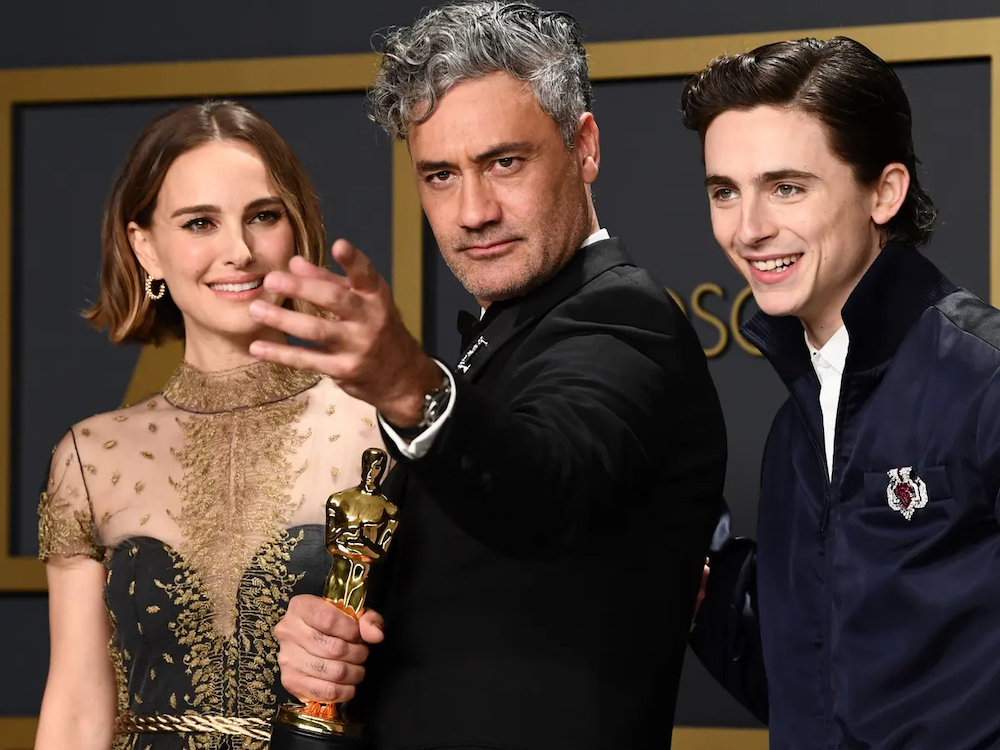
If you’re looking for a funny person who can host the Oscars without punching down, might I suggest the very delightful Taika Waititi?
Look, Stop Trying to Make “The Oscars” Happen
Is it really such a bad thing that people care less about the Oscars? Would that make the award any more or less prestigious? Lovers of “fine cinema” will still tune in. Is it really so bad to acknowledge that the Academy Awards exist for them? Trying to make people care about awards rich people give each other has big “let’s all sing ‘Imagine’ from inside our mansions” energy.
Yes, superhero stories are prolific. But that doesn’t mean they need to be seen in competition with independent or Oscar-worthy films. As Nic says, they’ve never competed for resources, audiences, or otherwise. Keeping the Oscars relevant to a massive audience seems like a point of pride rather than function. There’s space for all kinds of media to exist without awkwardly shoehorning in fan categories. I mean, the show is already a million hours long.

